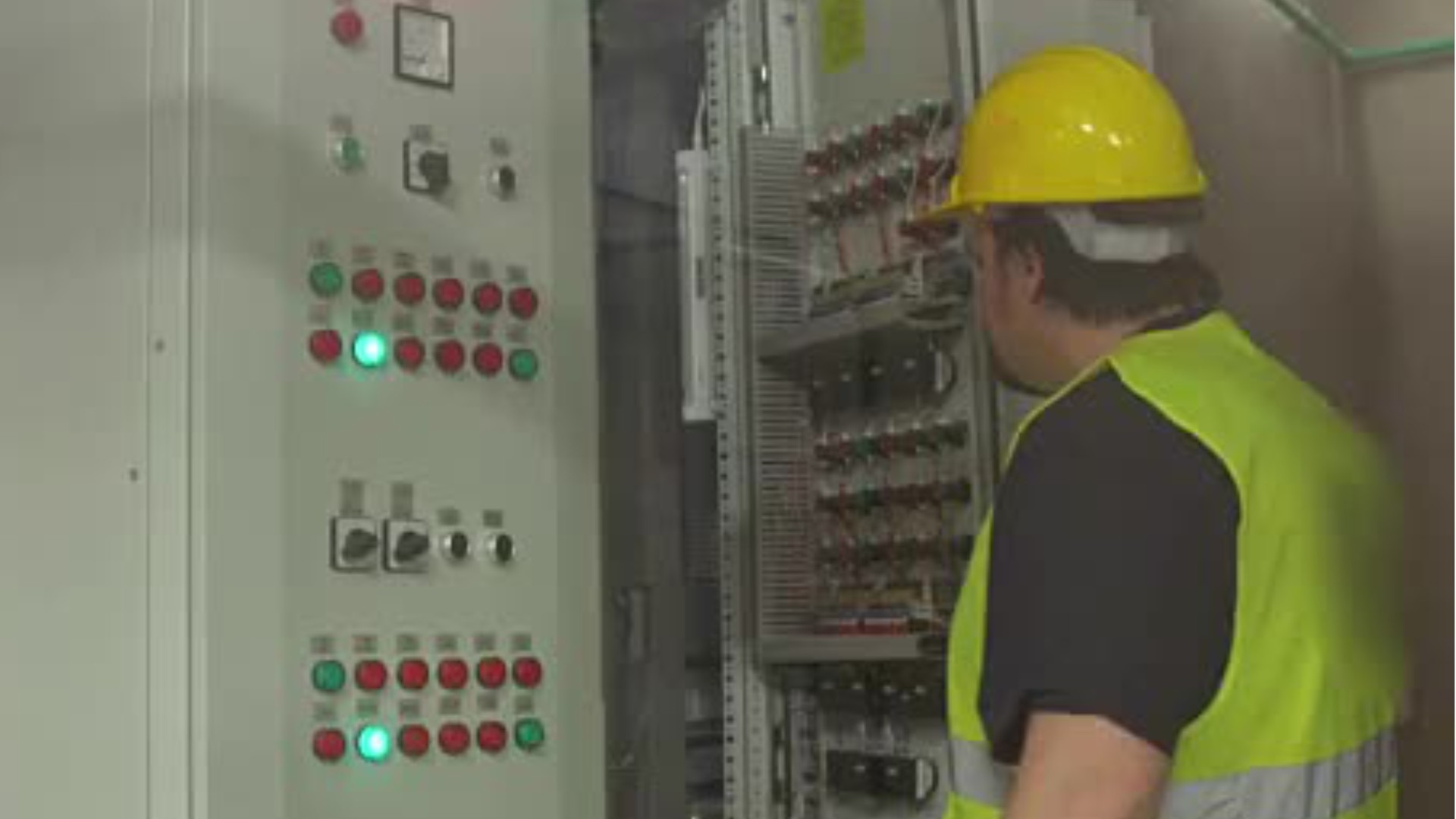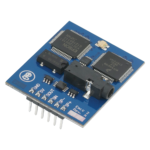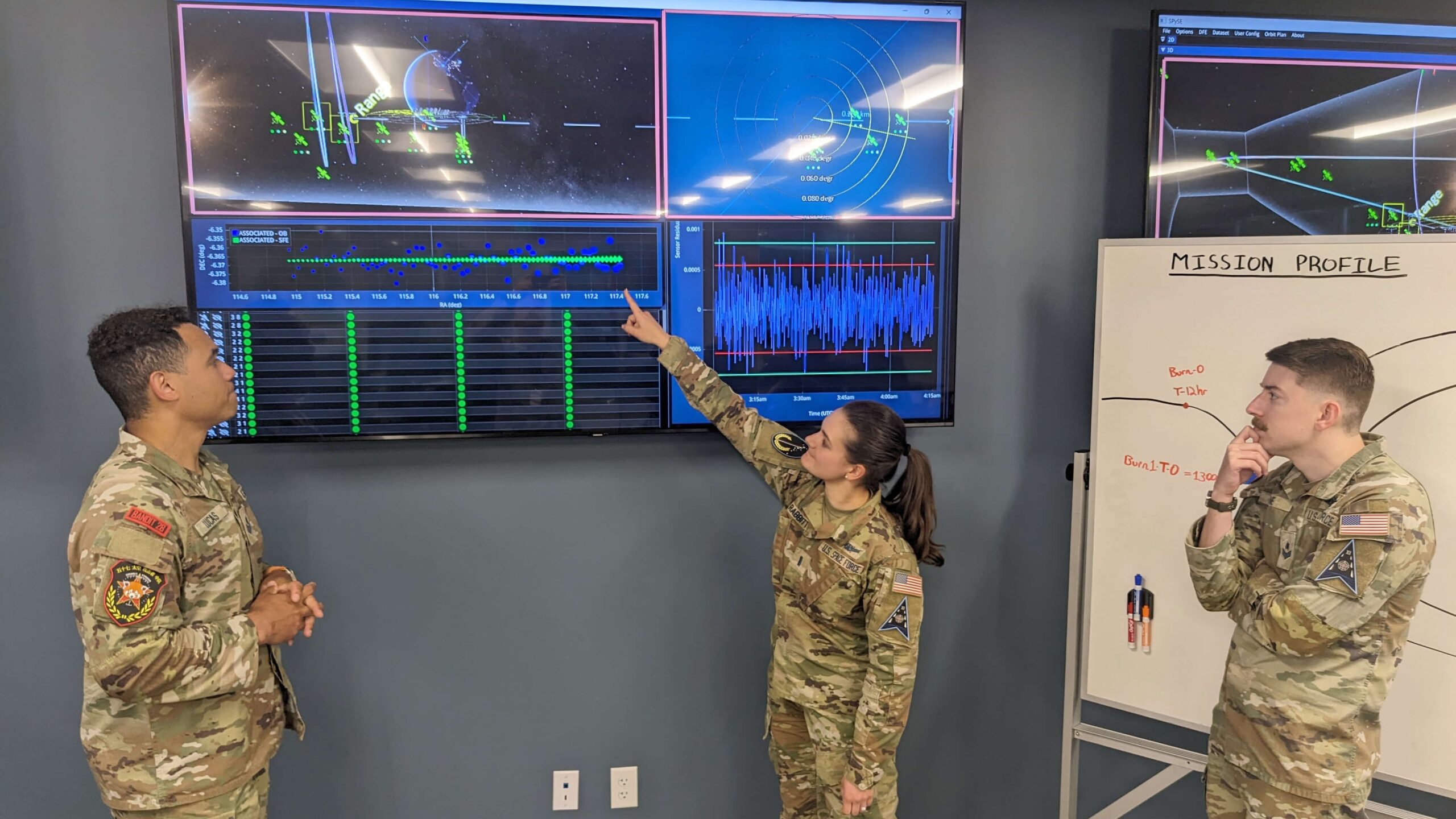Are you considering a career as an Electric Distribution System Operator? Or maybe you’re just curious about what exactly this job entails and how to land one in the United States. Well, look no further because I’ve got the inside scoop for you!
In this comprehensive guide, we’ll cover everything you need to know about Electric Distribution System Operator jobs in the United States. From the job responsibilities and qualifications to salary expectations and growth opportunities, we’ve got it all covered. So if you’re ready to power up your career prospects, keep reading!
So, distribution system operator jobs?
Electric distribution system operator jobs in the United States are essential positions that play a crucial role in ensuring the reliable and efficient delivery of electricity to homes, businesses, and other facilities. These professionals are responsible for monitoring and controlling the flow of electricity through power lines, substations, and other equipment.
To become an electric distribution system operator, one typically needs a high school diploma or equivalent and on-the-job training. However, some employers may prefer candidates with an associate’s or bachelor’s degree in electrical engineering or a related field.
The job duties of an electric distribution system operator include constantly monitoring energy usage levels and identifying any issues that may arise within the system. They also respond to power outages by quickly diagnosing the problem and taking necessary actions to restore service. This requires strong critical thinking skills and attention to detail.
In addition to technical knowledge, operators must also have excellent communication skills as they work closely with other team members such as engineers, technicians, and dispatchers. They must be able to effectively communicate information about power outages or equipment malfunctions so that repairs can be made promptly.
Operators also play a significant role in maintaining safety standards within the electrical grid. They must follow strict protocols when working with live wires or handling potentially hazardous situations.
Overall, being an electric distribution system operator is a challenging yet rewarding career path for those interested in working with technology while making a direct impact on people’s daily lives. With advancements in renewable energy sources like solar panels and wind turbines becoming more prevalent in our society today, this industry will continue to grow providing plenty of job opportunities for skilled individuals across the country.
Understanding the Role of an Electric Distribution System Operator
An electric distribution system operator plays a crucial role in ensuring that electricity flows smoothly from power plants to homes and businesses. Imagine the intricate web of wires, transformers, and substations that crisscross your city; this network is what allows you to flip a light switch and bask in warm illumination. Operators monitor this entire system, constantly checking its performance to maintain stability. They often use advanced software tools to analyze data, predict potential outages, or identify areas needing maintenance. This proactive approach helps prevent larger issues that could interrupt service for thousands.
Moreover, these operators are not just behind-the-scenes figures; they are essential during emergencies as well. When storms strike or equipment fails unexpectedly, electric distribution system operators spring into action. Their quick decisions ensure that repairs happen efficiently while keeping safety at the forefront of their efforts.
They coordinate with field crews to isolate problems and reroute power when necessary so customers experience minimal disruption.
Whether it’s upgrading infrastructure for renewable energy integration or managing daily electrical loads, these professionals bridge technology and community needs—making life brighter for everyone connected to their grid!
Requirements and Qualifications for System Operators in the US
System operators play a vital role in managing the complex networks that keep our electricity flowing smoothly. To step into this important position, individuals typically need a solid educational background. A high school diploma is essential, but many employers prefer candidates with an associate’s or bachelor’s degree in fields like electrical engineering or energy management. Hands-on experience is also crucial; internships during college can help aspiring system operators gain practical insights and skills necessary for the job.
In addition to education, specific qualifications are often required. Most positions demand certification from recognized industry organizations such as the North American Electric Reliability Corporation (NERC). This certification ensures that operators are well-versed in safety protocols and regulatory standards that govern power systems. Furthermore, strong analytical abilities and problem-solving skills are essential since system operators must troubleshoot issues promptly to prevent outages.
Other valued qualities include excellent communication skills—needed for coordinating with team members—and attention to detail when monitoring grid operations. Familiarity with advanced software tools used for simulations and modeling electrical systems enhances one’s employability even further.
Overall, being a system operator requires a mix of technical knowledge, relevant certifications, and soft skills to effectively manage our electricity supply.

Read also: battery operated surveillance camera system
Navigating the Job Market: Finding Opportunities in Electric Distribution System Operations
Entering the world of electric distribution system operations can feel like stepping into a vast, intricate maze filled with opportunities. As cities grow and technologies evolve, the demand for skilled professionals in this field continues to rise. These jobs involve ensuring that electricity flows smoothly from power plants to our homes and businesses. From maintenance technicians who repair equipment to system planners who design networks, each role is vital for keeping the lights on. Networking stands out as an essential strategy; attending industry conferences or community meetings can connect you with seasoned experts ready to share their insights.
Navigating this specialized job market requires a blend of technical knowledge and soft skills like communication. When searching for positions, it helps to focus on specific aspects such as safety protocols or renewable energy integration since many companies prioritize these areas today. Online platforms are treasure troves of opportunities; job boards often feature postings ranging from entry-level roles to advanced engineering positions. Consider honing your resume by highlighting relevant coursework or certifications in electrical systems—this makes you more appealing to employers looking for fresh talent eager to learn and adapt.
Ultimately, being proactive and continuously seeking new learning experiences will help you thrive in this exciting sector full of promise.
Insights into The Hiring Process for Electrical Distribution System Operators
The hiring process for electrical distribution system operators is quite detailed and aims to ensure that only the most qualified candidates step into this crucial role. First, applicants typically need a solid educational background, often requiring at least an associate degree in electrical engineering or a related field. Additionally, many companies prefer candidates who have completed specialized training programs or apprenticeships that focus on electricity distribution systems. This education lays the groundwork for understanding complex concepts such as load calculations and circuit configurations—skills essential for maintaining safe and efficient power delivery.
Once applicants clear the initial educational requirements, they face various assessments designed to test their knowledge and problem-solving abilities. These might include technical tests where proficiency in equipment operation is evaluated alongside situational judgment tests that simulate real-life scenarios. Candidates may also go through interviews with both HR personnel and technical managers. During these conversations, it’s important to demonstrate not just technical skills but also soft skills like teamwork and communication since collaboration plays a significant role in ensuring seamless operations within electric utilities.
Ultimately, being selected means showing readiness to contribute positively while upholding safety standards—a critical aspect of working with high-voltage systems.
You may also like: assistive speech technology
Career Progression and Future Prospects in Electric Distribution system Operations Jobs
In the ever-evolving field of electric distribution system operations, career progression is often filled with exciting opportunities. Starting in entry-level roles, individuals typically engage in hands-on tasks that lay a solid foundation for their future growth. As one gains experience and knowledge about how electricity flows through the intricate network of power lines and transformers, they can aspire to move into specialized positions like system operators or engineers. These roles not only require technical expertise but also involve strategic decision-making skills and teamwork because managing energy distribution efficiently is crucial for keeping communities powered.
Looking ahead, the future prospects within this industry are bright due to increasing reliance on renewable energy sources and smart grid technologies. The shift towards cleaner energy solutions means there will be more demand for skilled workers who understand both traditional systems as well as new advancements. Additionally, professionals may see opportunities to diversify their careers by entering fields related to sustainability or data analysis within electric distribution networks.
- Growth in renewable energy sectors
- Technological innovations driving efficiency
- Diverse career paths available
As these changes unfold, ongoing education and training will be essential for anyone looking to stay relevant and excel in this dynamic landscape.
Read also: download windows 10 operating system
Read also: nuance reader



